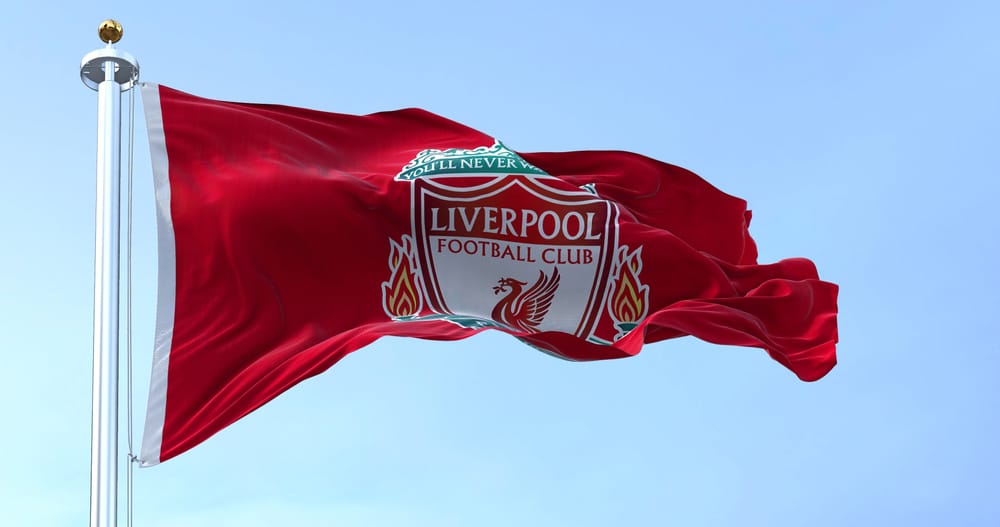At the beginning of this month, Liverpool learned who its three Europa League group stage opponents would be: the Austrian team LASK, the Belgian club Union Saint-Gilloise, and the French team Toulouse.
Prior to hosting Union SG on October 5th for its first home match of the championship, Liverpool will begin its season on Thursday, September 21 against LASK.
Then, in late October and early November, it will play back-to-back games against Toulouse before the match against LASK.
The final match of the schedule will take place in Belgium in December, although Liverpool will expect to have already secured its place in the knockout rounds as the group champion by then.
Jürgen Klopp should at least have been in the Champions League, even though it is evident that he would love to be there.
Liverpool previously had to field a nearly full team for its midweek European matches, but it should now be free to make adjustments, keeping squad members happy, showcasing youngsters, and giving the biggest names a break.
Of course, Klopp will need to strike the appropriate mix because if he starts overly weak teams, Liverpool may suffer some shocks and its chances of moving on may be jeopardized.
There is no doubt that Caoimhn Kelleher should start in goal instead of Alisson, and this justification should hold true for the whole of the campaign, regardless of how far Liverpool makes it. Due to his skill and playing style, Kelleher has established himself as the Brazilian’s ideal replacement, and this competition gives the Reds the chance to do so.
The problem arises more at right-back. Conor Bradley, a promising young player who stood out throughout preseason, appeared to be able to fill Trent Alexander-Arnold’s partial midfield role until suffering an injury that will keep him out for the duration of the group stages. Because Calvin Ramsay is on loan, Klopp might have to use Joe Gomez, a strong center-half with right-back expertise. This moves us to 4-3-3.
If Jol Matip is healthy, he almost certainly will play in one of the central defense positions; therefore, Klopp should take a calculated risk by starting 20-year-old Jarrell Quansah alongside him. Quansah has yet to make his entire first-team appearance. In this tournament, unless absolutely essential, it would seem undesirable to put Virgil van Dijk, 32, or Ibrahima Konaté in danger. Both players are prone to injuries.
There will be rivalry at left-back between Kostas Tsimikas and Andy Robertson, who has undoubtedly agreed to a new contract with the club on the understanding that playing time will come in cup competitions.
Much will rely on who Klopp’s first-choice number six is in the midfield. Wataru End, a summer arrival, would seem to be the obvious pick for the Europa League if Alexis Mac Allister is to start, as he did against Aston Villa the last time out. However, it makes sense to start Stefan Bajeti on Thursday nights if the Japanese international is top of the pecking order.
The right-sided number eight position should be filled by Harvey Elliott, Dominik Szoboszlai’s backup, for the majority, if not all, of the six games, leaving Ryan Gravenberch free to adjust to his new surroundings on the left. The Europa League is the perfect venue for a period of gradual acclimatization, as Klopp has done in the past.
According to This is Anfield, Liverpool has reportedly left veteran goalkeeper Adrián out of its roster to make room for 17-year-old Ben Doak, so it should play the charismatic young Scotsman alongside two more experienced options on the right wing. Depending on fitness, the top three forwards for minutes played will likely be Mohamed Salah, Cody Gakpo, and Luis Dáz. If this is the case, Klopp should look to Darwin Nez and $56 million (£41 million/€48 million) forward Diogo Jota to offer the firepower in Europe. If given enough opportunities, the pair may potentially act out in a riotous manner.

